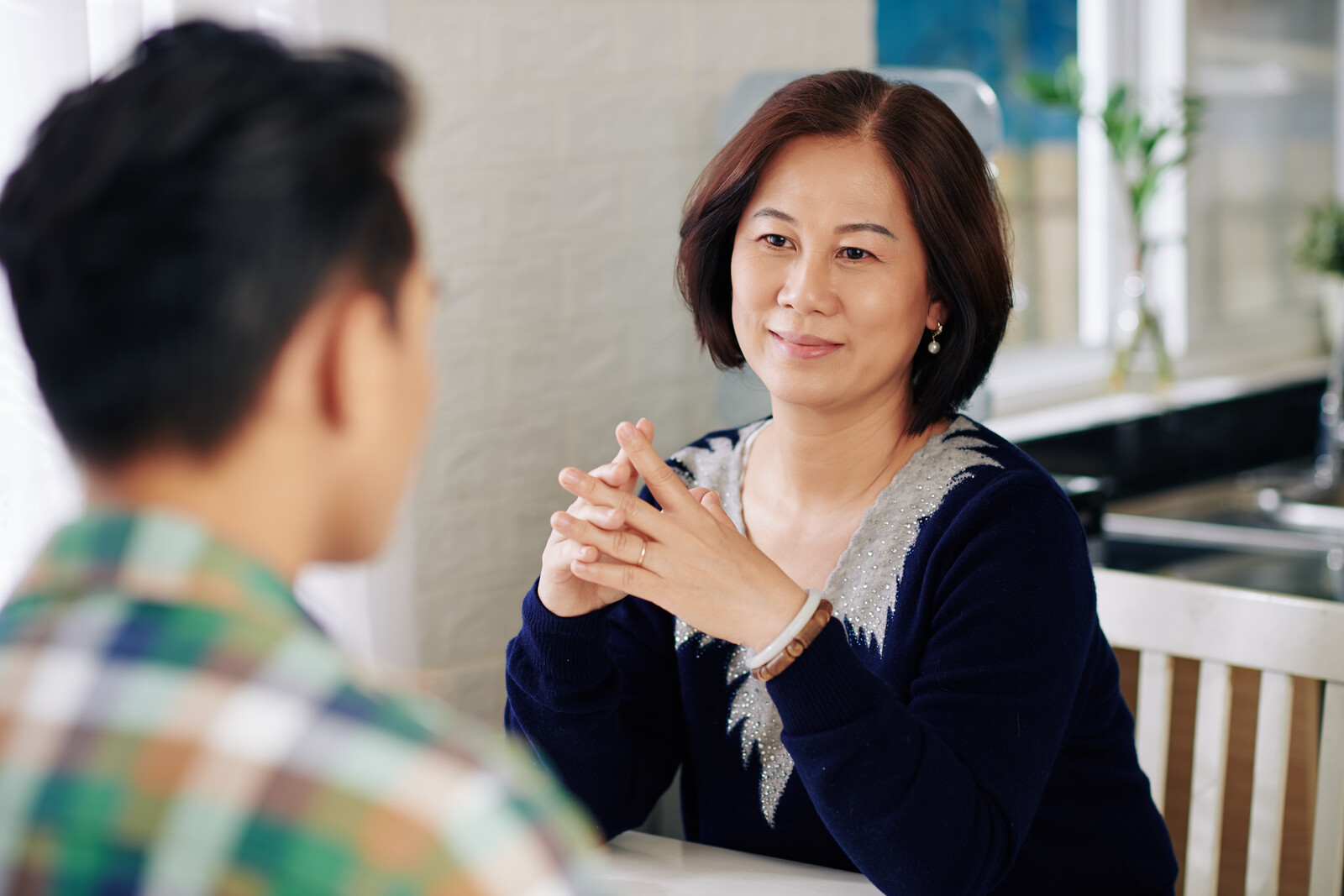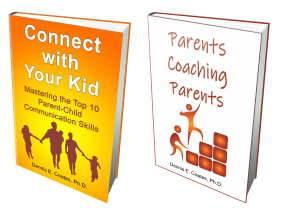I guess I’m a natural introvert, meaning I spend most of my time in my head, not interacting with people. Not that I can’t engage; I just prefer reflecting about the world around me. It’s a pattern that has served me well in learning, researching, and writing.
Recently I made a commitment to myself to reach out to people more – even total strangers – to get out of my comfort zone and put my communication skills to good use. My goal is to become more balanced in my relationships with people. So far, the results have been enlightening, even amazing.
At a neighborhood meet-and-greet recently, I found myself talking to a 20-year-old man. My favorite way to engage is to 1) ask an open-ended question, and then 2) listen to understand the response. I asked him about his goals, and he said, “to be rich.” When I asked him how he planned to achieve this, he revealed that he had no idea. He was just really excited about the idea of becoming rich, as if his enthusiasm was a kind of superpower that would propel him to success. As I asked questions and listened to his responses, I think he learned a few things about himself.
Asking open-ended questions is a powerful skill, which I strongly recommend for parents. You can learn more about it in Chapter 5 of my book, Connect with Your Kid.
Of course this skill, along with the other nine skills described in the book, work well when interacting with anyone: family members, friends, coworkers, customers, and yes, even strangers.
A couple weeks ago I was chatting with a woman who was telling me about a medical issue: she has double vision, which surgery so far has been unable to correct. It was something we have in common; I have issues in my right eye, brought on through the normal course of aging.
I recognized our conversation as a “listening moment.” Instead of telling her about my own infirmity, I decided to ask open-ended questions and listen to understand her response.
I learned that her condition had caused unrelenting distress and discouragement. Once hopeful, the failure of her doctors to correct her vision had led to depressed feelings, even thoughts of suicide. All of this came out in less than five minutes. “I’ve never told anybody about this,” she said. My listening encouraged her to continue reflecting about her feelings, and she said that perhaps she was grieving, that she was having a hard time getting through that. Of course, the purpose of grieving is to get to acceptance and affirmation, so our conversation ended on a hopeful note.
I’ve come to appreciate that these two skills, asking open-ended questions and listening to understand, are an extremely powerful one-two combination when interacting with people. Chapters 4 and 5 in Connect with Your Kid describe them. By applying them in real-life situations, anyone can improve these skills.
Connect with Your Kid, along with Parents Coaching Parents, will help you strengthen the bond with your child.


